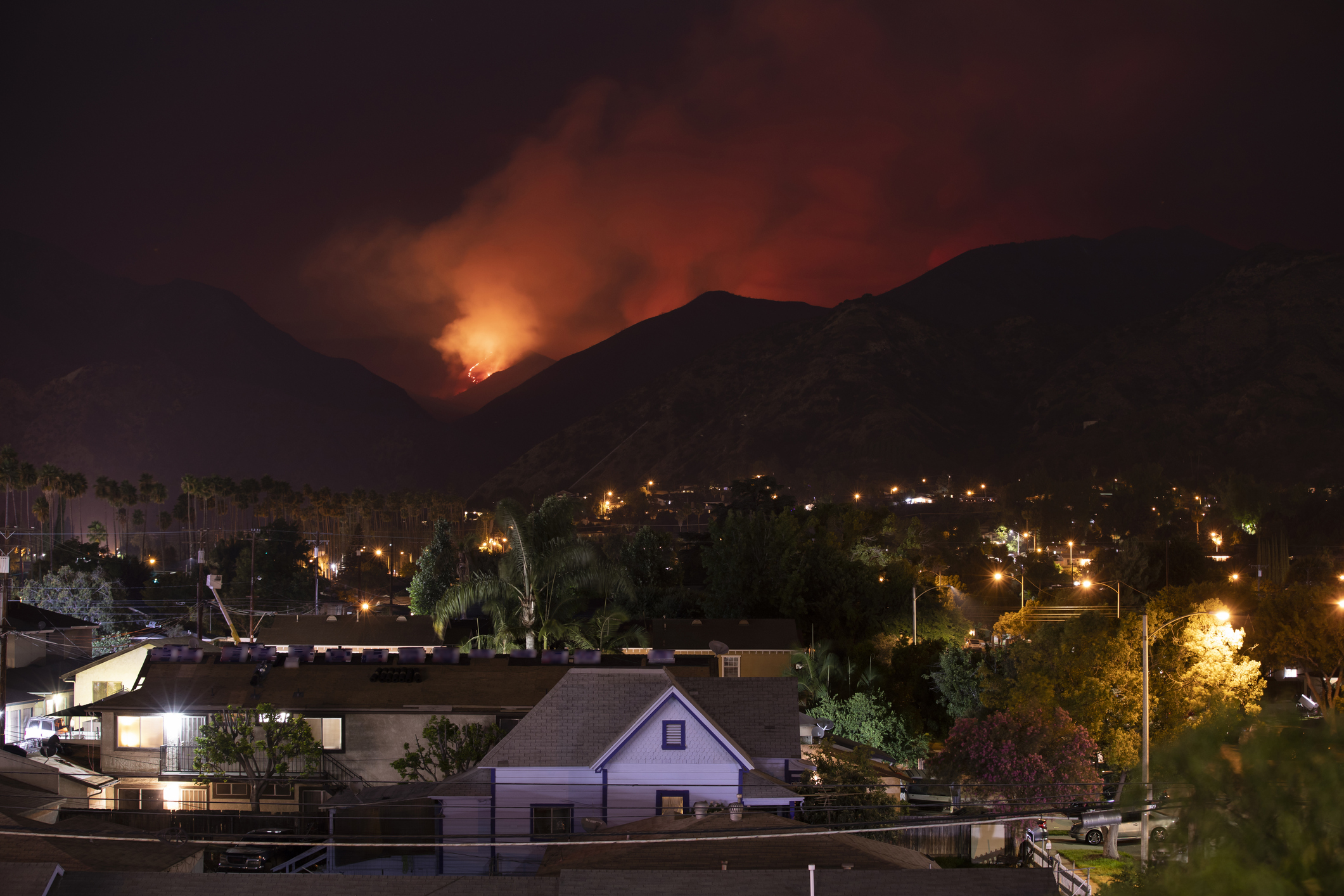With Western Canadian and U.S. wildfires affecting populations as far as 3,000 miles east, smoke and poor air quality is having harmful health effects, especially for people with respiratory conditions like asthma or chronic obstructive pulmonary disease (COPD). People with dry eyes may find the tiny particles from wildfire smoke can worsen their symptoms. Readers of The Oldish in various European countries will be experiencing similar conditions.
According to a recent University of Washington Medicine report, when smog or smoke affects the eyes, it is best to stay indoors while running a humidifier and an air filter. If leaving the house, wearing wrap-around sunglasses or goggles can help protect eyes. Artificial, preservative-free tears may also ease the irritation but avoid drops that “get the red out” because these can prevent blood flow and oxygen from reaching the eyes, making the condition worse. Cooling drops in the fridge can also help reduce inflammation and provide relief.
Some medications can also lead to dry eyes. Talk with your doctor or pharmacist to see if there are alternatives. Fluctuations in estrogen during and following menopause may also contribute to dry eye. If you spend long hours wearing contact lenses or looking at a computer screen, you may experience dry eye.
Breathing in the microscopic particles in smoke can lead to serious health problems and older adults who are more likely to have heart or lung disease are at greater risk. Seniors who may be exposed to seasonal wildfire smoke should talk with their healthcare provider about an action plan. Having a good supply of medicine, foods that do not require cooking, and N-95 or P-100 face masks can help protect health. According to the Environmental Protection Agency, an air cleaner that does not generate ozone can help reduce particle levels inside the home.
Pay attention to local air quality reports and avoid outdoor activities during peak days and times. Indoor air can been kept cleaner by closing doors and windows, running an air conditioner, and cleaning the filter to prevent smoke from entering the home. Avoid burning logs or candles indoors and seek alternative shelter with cleaner air if the weather is very hot and air conditioning is not available.
Keep updated on air quality by following this link to the EPA AirNow website. In Canada, check the Air Quality Health Index here. In Europe, the Air Quality Index can be found at this link.






Add Your Voice
0 Comments
Join the Discussion